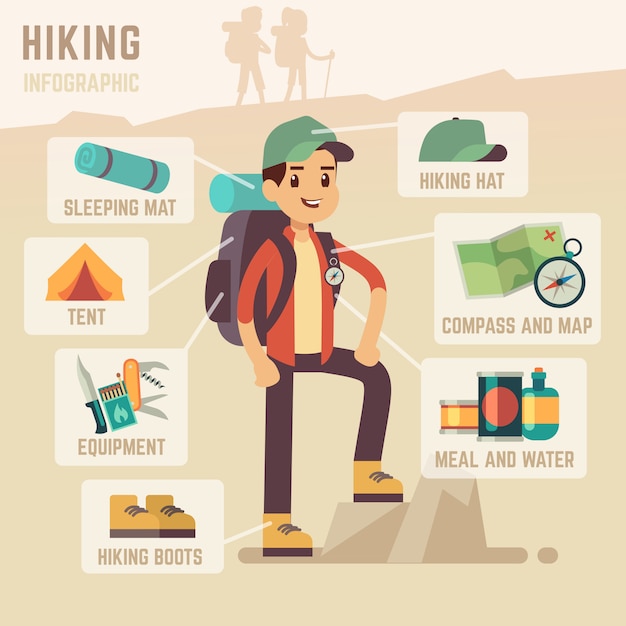Securing the Environment is essential to make certain a sustainable future. Many of the globe's leaders have started working to lower environmental degradation triggered by over-consumption, population growth and technological improvements.
How do you survive a tent in the winter?
Individuals additionally play an important role in safeguarding the atmosphere by adhering to environmental regulations and taking tiny steps to limit pollution. UNT researchers are discovering methods to assist individuals preserve natural deposits and lower carbon footprints.
Recycle
Reprocessing waste into new materials and products is among the three "R's" of contemporary waste reduction. It reduces the consumption of fresh raw materials and helps avoid pollution from mining, incineration or landfilling.
Nevertheless, recycling is not a magic bullet; it does not remove the need for reducing or avoiding waste altogether. The first "R," decrease, involves avoiding or eliminating unnecessary waste by designing and generating items to be extra sturdy and much less non reusable; minimizing packaging, preventing non-reusable paper products; avoiding excessive purchasing; and limiting intake.
Making use of multiple-use bags when buying, food preparation in the house, and taking out-of-town trips, contributing clothes and home fabrics to thrift shops, and repurposing things like vacant glass jars for storage or as craft supplies are great ways to minimize waste. Make sure to talk to neighborhood recycling solutions to see what they approve, and remember that plastic bags, food wrappers, and styrofoam are not recyclable.
Reuse
Utilizing products once they're consumed instead of acquiring new ones is the initial step to decreasing solid waste. It restricts the quantity of materials that require to be gotten rid of or recycled, which saves energy and money.
Reusing things that aren't non reusable expands their life and assists minimize land, air and water air pollution. This is different from reusing, which involves transforming utilized products right into raw material for use in various luxury tents for camping other new products.
Some examples of reuse consist of reusing plastic bags at the grocery store, keeping a multiple-use water bottle when going out for a drink or making use of old clothes as dirt fabrics. Acquiring recycled items is one more way to lower strong waste. Giving away utilized furnishings and tools to charities or a vocational institution that can fix it is another. Giving away publications, magazines and paper that has been used on one side to day care centers, libraries or healthcare facility waiting rooms is likewise an excellent idea.
Minimize
Taking actions to decrease your ecological impact is among one of the most efficient means to safeguard the environment. This includes decreasing waste, decreasing energy usage, and restricting greenhouse gas emissions.
To help in reducing plastic contamination, try to ditch single-use plastics such as straws, water bottles, and bags. Rather, select multiple-use products like cloth grocery bags and utensils. This will help keep plastics out of the sea and other natural habitats.
Contributing to a not-for-profit that focuses on safeguarding the atmosphere is one more means to make a distinction. These environmental companies are on the frontlines of limiting damage to the atmosphere and dealing with environment change. They are also working to enlighten the general public and develop solutions for a sustainable future. This sort of philanthropy can make a substantial influence and motivate others to do something about it too.
How do you pack a bell tent?
